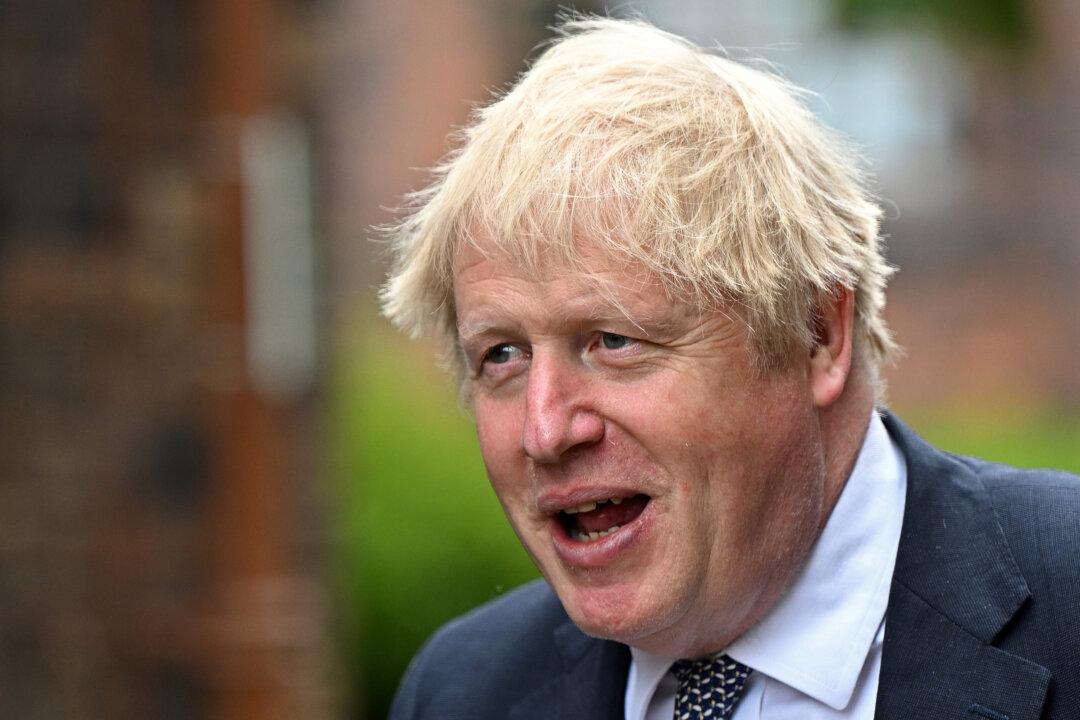UK Prime Minister Boris Johnson is due to visit Belfast on May 16 amid the ongoing political impasse over the Northern Ireland Protocol.
As the months-long dispute over the Brexit-related protocol led to the collapse of Northern Ireland’s Executive and the paralysis of its legislature, Downing Street said Johnson will hold a series of private meetings with the local parties and urge lawmakers to “get back to work to deal with the bread-and-butter issues.”





